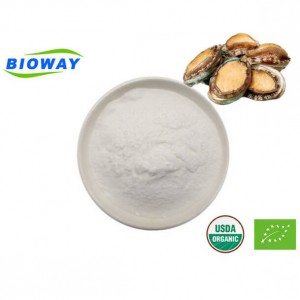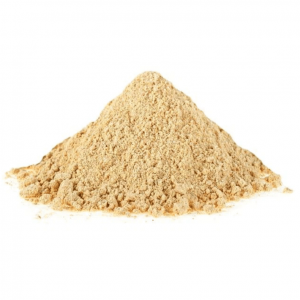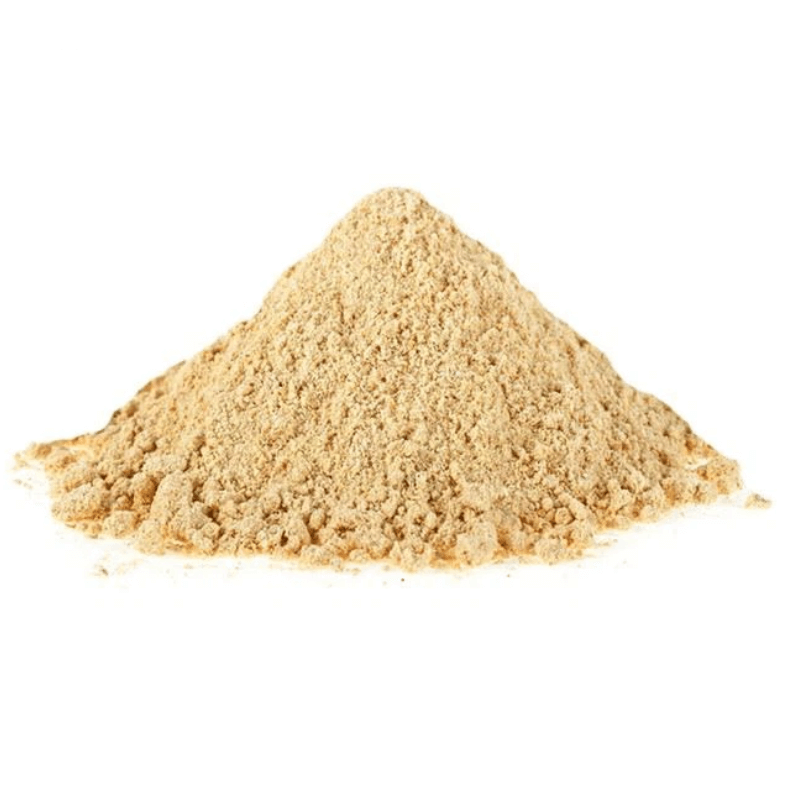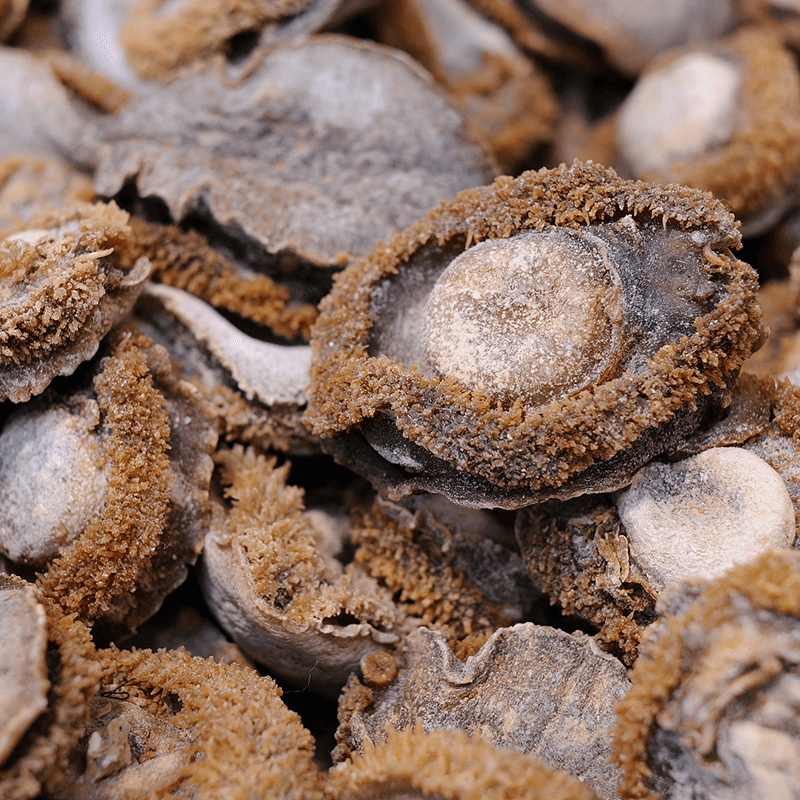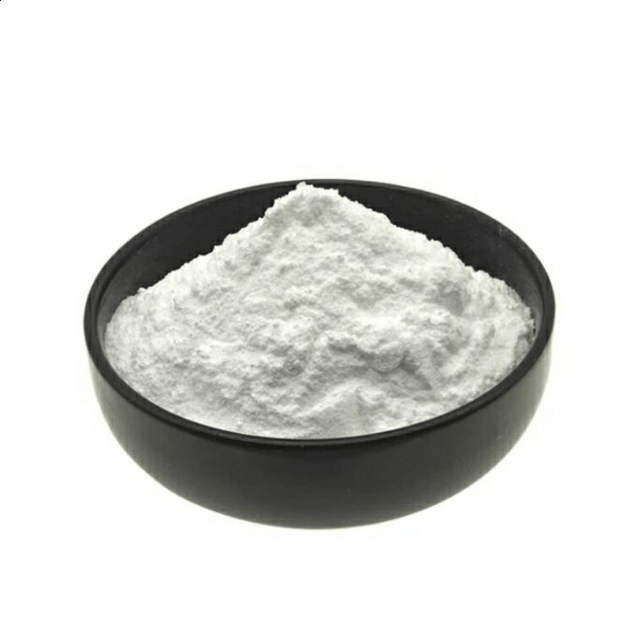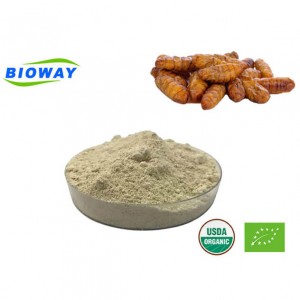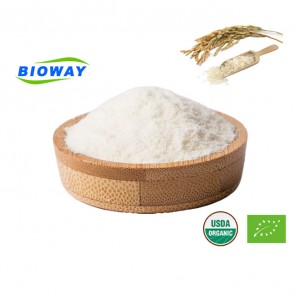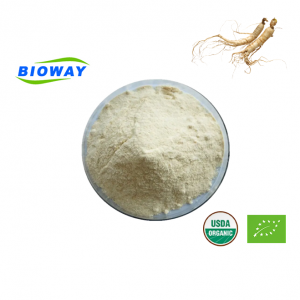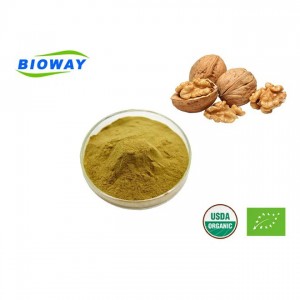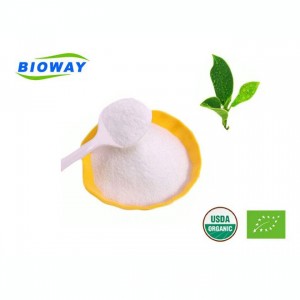Abalone Peptides For Immunity-boosting
Abalone peptides are a type of sea fish peptide derived from the abalone, a shellfish found in coastal waters. These peptides are short chains of amino acids that are produced by enzymatic digestion of proteins found in abalone.
It has gained attention due to its potential health benefits. They are known to contain various bioactive compounds, including antioxidant, antimicrobial, anti-inflammatory, and immunomodulatory properties. These properties make it potentially useful in various industries such as pharmaceuticals, cosmetics, and functional foods.
Research suggests that abalone peptides may have potential applications in promoting cardiovascular health, enhancing immune function, improving digestion, and supporting skin health.
| Product name: | Abalone Collagen Peptides |
| Source: | Natural Abalone |
| Part used: | Body |
| Active ingredients: | Abalone, abalone polypeptide, abalone polysaccharide, protein, vitamin, and amino acids |
| Production technology: | Freeze-drying, spray drying |
| Appearance: | Grey Brown powder |
| Package: | 25kg/drum or customized |
| Mesh: | 80 mesh |
| Storage: | Keep the container unopened in a cool, dry place |
| Shelf life: | 24 month |
| Moisture: | ≤5% |
| Protein: | ≥55.0% |
| Lead: | ≤1.0 mg/kg |
| Inorganic arsenic: | ≤2.0 mg/kg |
| Mercury: | ≤1.0 mg/kg |
| The total number of colonies: | ≤ 30000cfu/g |
| Mold, yeast : | ≤25 cfu/g |
| Coliform bacteria: | ≤ 90MPN / 100g |
| Pathogenic bacteria: | N.D. |
| Features: | Pure natural without any other ingredients and chemicals |
Anti-aging: Abalone peptides are known for their ability to combat the signs of aging by promoting collagen production and reducing the appearance of wrinkles and fine lines.
Repairing: It has reparative properties that help to heal damaged skin cells, resulting in a healthier and more youthful complexion.
Moisturizing: The peptides lock in moisture in the skin, helping to hydrate and plump the skin for a smoother and more supple appearance.
Antioxidant: It is rich in antioxidants, which help to neutralize free radicals and protect the skin from environmental damage.
Firming: Regular use of it can improve skin elasticity and firmness, giving a more toned and lifted appearance.
Anti-inflammatory: The peptides have anti-inflammatory properties that can soothe and calm irritated skin, reducing redness and inflammation.
Nutrient-rich: It is packed with essential amino acids and minerals that nourish the skin, promoting a healthy complexion.
Circulation booster: The peptides can improve blood circulation in the skin, resulting in a brighter and more vibrant complexion.
Immune-boosting: It can enhance the skin's immune response, helping to protect against infections and maintain overall skin health.
Nourishing: The peptides provide essential nutrients to the skin, helping to maintain the skin's natural barrier function and preventing moisture loss.
Abalone peptides have been found to offer various health benefits. Some of these include:
Antioxidant properties: Abalone peptides contain powerful antioxidants that help protect the body from oxidative stress and damage caused by free radicals.
Anti-inflammatory effects: Studies have shown that abalone peptides possess anti-inflammatory properties, which can help reduce inflammation throughout the body and promote better overall health.
Immune system support: The peptides present in abalone have been found to have immune-enhancing effects, which can strengthen the immune system and contribute to a better defense against various diseases and infections.
Anti-aging effects: Abalone peptides have been shown to have anti-aging properties, helping to reduce the appearance of wrinkles, improve skin elasticity, and promote a more youthful complexion.
Improved cardiovascular health: Research suggests that abalone peptides may have cardioprotective properties, helping to reduce cholesterol levels and support better cardiovascular health.
Enhanced cognitive function: Some studies have indicated that abalone peptides may have neuroprotective effects, potentially improving cognitive function and memory.
Skin health benefits: Abalone peptides promote collagen synthesis, which can result in improved skin elasticity, hydration, and overall skin health.
It is important to note that more research is still needed to fully understand and validate these health benefits. Additionally, individual results may vary, and it is always recommended to consult with a healthcare professional before adding any new supplements or making significant changes to your diet.
Abalone peptides can be applied in various industries and fields. Some of the common application fields include:
Nutraceuticals and dietary supplements: It is often used as a key ingredient in nutraceutical products and dietary supplements. These products are designed to provide specific health benefits and support overall well-being.
Cosmetics and skincare: It is known for its anti-aging and skin health benefits. They are used in the formulation of skincare products such as creams, serums, and masks, to improve skin elasticity, reduce wrinkles, and enhance overall skin health.
Food and beverages: It can be used in the formulation of functional foods and beverages, adding nutritional value along with potential health benefits. They can be incorporated into various food and beverage products, such as energy bars, drinks, and nutritional supplements.
Pharmaceuticals: It has shown promising properties, such as antioxidant, anti-inflammatory, and immune-enhancing effects. These characteristics make them potential candidates for pharmaceutical applications, including the development of drugs or therapies targeting various health conditions.
Animal feed: Some studies suggest that abalone peptides can be used as an ingredient in animal feed, particularly for improving growth, immunity, and overall health in livestock and aquaculture.
Biotechnology: It can also be utilized in biotechnology applications. They can be involved in research and development efforts, bioactive compound isolation, and formulation of novel products for various health-related industries.
It should be noted that the specific applications and uses of abalone peptides may differ based on regional regulations and industry standards. It is always important to ensure compliance with applicable laws and consult with experts in the respective industries before incorporating abalone peptides into products.
The production process of abalone peptides involves several steps. Here is a general outline of the process:
Abalone sourcing: Abalone is typically sourced from aquaculture farms or harvested from the wild. Sustainable and responsible sourcing practices are important to ensure the long-term viability of abalone populations.
Cleaning and preparation: The abalone shells are cleaned and the meat is removed. The meat is thoroughly washed to remove impurities and any remaining shell fragments.
Hydrolysis: The abalone meat is then subjected to a process called hydrolysis. This involves breaking down the proteins in the meat into smaller peptides by enzymatic hydrolysis or through the use of heat or acid.
Filtration and separation: The mixture obtained from hydrolysis is then filtered to remove any solid particles or impurities. Filtration helps to obtain a clear solution containing the abalone peptides.
Concentration: The filtered solution is concentrated to increase the peptide content. This can be done through methods like evaporation or membrane filtration.
Purification: The concentrated solution may undergo further purification steps to remove any remaining impurities, such as salts or other unwanted substances. Purification is important to obtain high-quality peptides.
Drying and packaging: Once the purification is complete, the abalone peptides are dried to remove any remaining moisture. This can be done through methods like freeze-drying or spray-drying. After drying, the peptides are packaged into suitable containers for storage and distribution.
It's important to note that specific manufacturers may have variations in their production processes, and the details mentioned above are a general overview. Compliance with quality standards and regulations is crucial throughout the production process to ensure the safety and efficacy of the abalone peptides.
Express
Under 100kg, 3-5Days
Door to door service easy to pick up the goods
By Sea
Over300kg, Around 30 Days
Port to port service professional clearance broker needed
By Air
100kg-1000kg, 5-7Days
Airport to airport service professional clearance broker needed

Abalone peptides is certified by ISO, HALAL, KOSHER, and HACCP certificates.

While abalone peptides have various potential health benefits, it's essential to consider the potential disadvantages associated with their use. Some of the disadvantages include:
Cost: Abalone peptides are relatively expensive compared to other dietary supplements or sources of protein. The production process, limited availability, and high demand contribute to their higher price.
Sustainability concerns: Abalone populations are limited and can be negatively impacted by overfishing or habitat destruction. Unregulated harvesting practices can deplete abalone populations and disrupt marine ecosystems. Therefore, sustainable sourcing and responsible farming practices are necessary to mitigate these concerns.
Allergies: Some individuals may be allergic to shellfish, including abalone. Allergic reactions can range from mild symptoms, such as itching and rashes, to more severe reactions, like difficulty breathing or anaphylaxis. It's important for individuals with known shellfish allergies to avoid abalone peptides or products containing them.
Potential contaminants: Abalone peptides sourced from aquaculture farms or harvested from the wild may be exposed to various environmental pollutants or toxins. Contaminants like heavy metals (mercury, lead) or microplastics can be present in the abalone, which can potentially transfer to the peptides during the production process.
Limited research: While abalone peptides show promise in various health areas, including immune support, antioxidant activity, and anti-inflammatory effects, the research on their specific benefits and potential side effects is still limited. More comprehensive studies are needed to determine their long-term effects, optimal dosage, and potential drug interactions.
Ethical concerns: Some individuals may have ethical concerns regarding the use of abalone peptides, particularly if they oppose the consumption of animal-derived products. Abalone are living organisms, and their use for the production of peptides raises ethical considerations for certain individuals.
It is important to consult with a healthcare professional before considering the use of abalone peptides or any new dietary supplement to understand potential risks and benefits, especially if you have existing health conditions or are taking medications.






